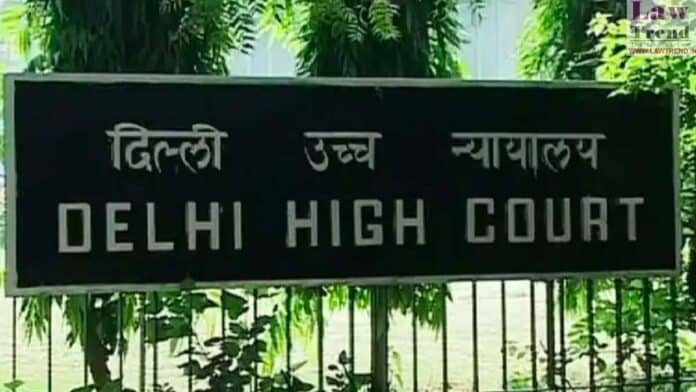The Delhi High Court has dismissed appeals filed by Haveli Restaurant and Resorts Limited against the registration of the trademarks ‘AMRITSAR HAVELI’ and ‘THE AMRITSAR HAVELI’, ruling that the word ‘HAVELI’ is generic, descriptive, and common to trade. Justice Tejas Karia, presiding over the case, held that the Appellant could not claim exclusive rights over
To Read More Please Subscribe to VIP Membership for Unlimited Access to All the Articles, Download Available Copies of Judgments/Order, Acess to Central/State Bare Acts, Advertisement Free Content, Access to More than 4000 Legal Drafts( Readymade Editable Formats of Suits, Petitions, Writs, Legal Notices, Divorce Petitions, 138 Notices, Bail Applications etc.) in Hindi and English.




